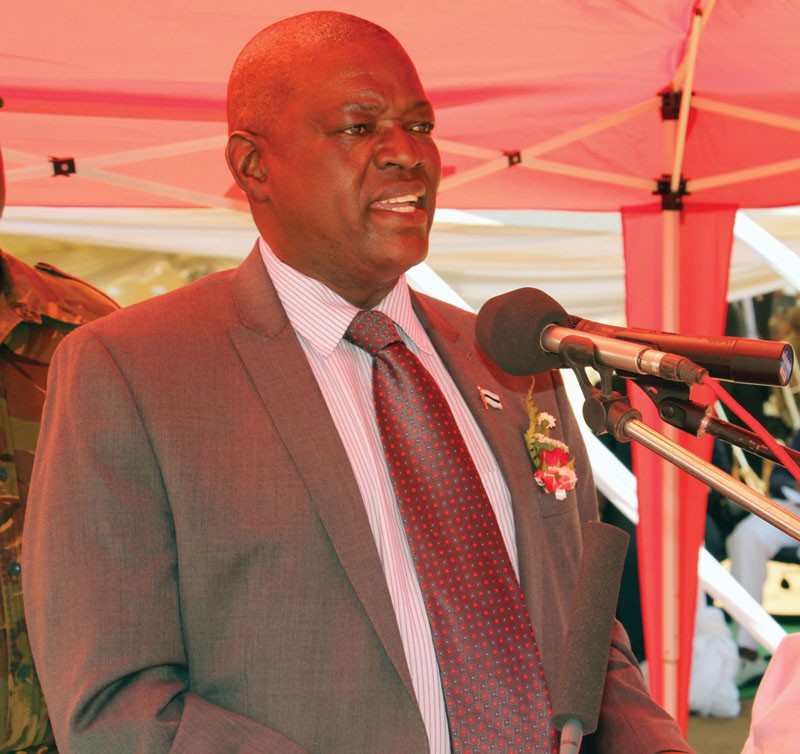Masisi challenges reluctant men to circumcise
Chakalisa Dube | Wednesday December 2, 2015 14:59


According to Vice President (VP), Mokgweetsi Masisi the country’s ambitions of having circumcised 385,000 men by the year 2016 are unlikely to be reached.
“While resources have been allocated into providing the service (SMC initiative), the uptake has not been encouraging. Only 39.6 percent of the 385,000 males planned to be circumcised since the programme’s inception in 2009 have been circumcised,” said Masisi when officiating at the World AIDS Day commemoration in Tonota yesterday. “I challenge all eligible men to come forward and circumcise as this is a proven intervention that can significantly reduce the risk of sexually contracting HIV infection,” he said.
Since the inception of the SMC programme government has been engaging in mobilising initiatives in a bid to encourage men to circumcise.
Masisi also expressed worry about a majority of Batswana who do not take HIV tests.
According to him, current figures show that only 63 percent of the country’s population, which is estimated to be around 2.1 million has undergone a routine HIV, test. He said that the low testing rate also means that the country may not meet the global target of having 90 percent of HIV positive people knowing their status as well as having 90 percent of those who are HIV positive on treatment to have viral suppression.
The VP also said that civic communities particularly churches should help inculcate good values and principles among the youth who are most vulnerable when it comes to issues of HIV.
“Churches should also encourage their followers to utilise the prevention and treatment services provided by government,” said Masisi.
Masisi also expressed worry about the increase in communicable diseases linked to HIV. Although he did not have the most recent figures he indicated that communicable diseases linked to HIV particularly Tuberculosis are still on the rise. Available figures from a study developed in 2013 show that 61 percent of TB patients were co-infected with HIV. “It is critical to be vigilant in preventing these conditions as only a combined and comprehensive approach can take us somewhere,” he said. Masisi also expressed worry at the rate at which Batswana are dying as a result of non-communicable diseases. Non-communicable diseases, which include hypertension, sugar diabetes, and cancer among others currently, account for 37 percent of deaths in Botswana. “I appeal to all responsible parties to come up with an all inclusive approach to deal with these non-communicable diseases,” said the VP.
Despite strides made by government in the fight against HIV, United Nations Botswana Resident Coordinator Anders Pedersen believes a lot needs to be done to effectively fight HIV in the country. “The incidence rate has not come down in any significant way in the recent past. It is particularly worrisome that we know that people increasingly have unprotected sex with multiple concurrent partners,” he said without providing the relevant statistics. He added that it is also worrying that condom use has gone down and circumcision uptake has also gone low in the country.
In addition, the existence of intergenerational sex, alcohol and high-risk sex, gender-based violence as well as stigma and discrimination fuels the HIV/AIDS epidemic further. Pedersen further stated that an HIV/AIDS sensitive legal and policy environment could help to enhance access to HIV services. Recently, various stakeholders have also shared most of Pedersen’s sentiments.
